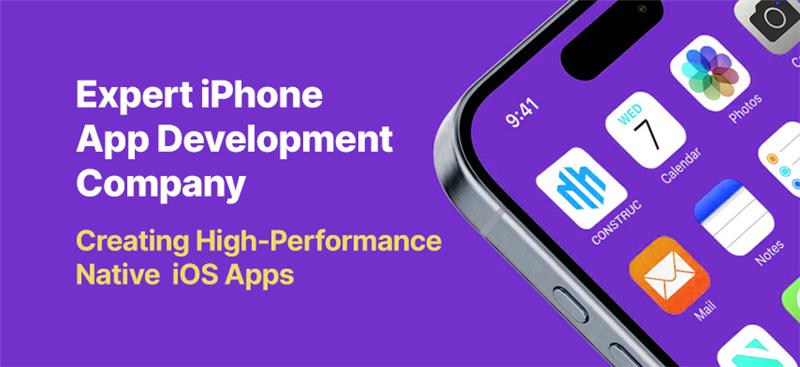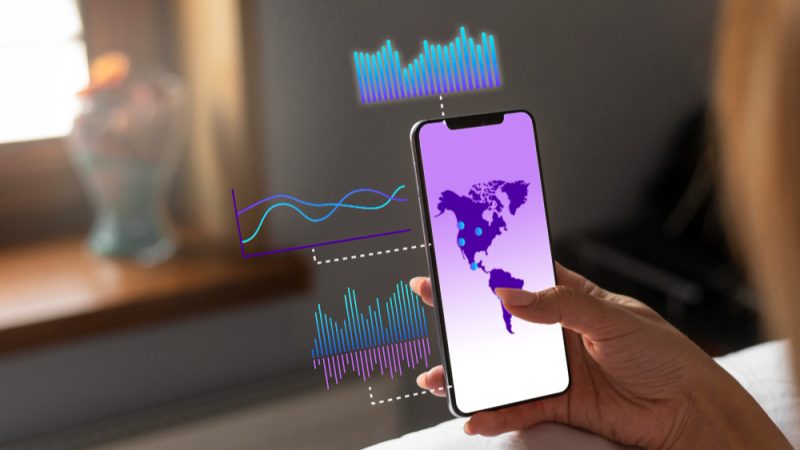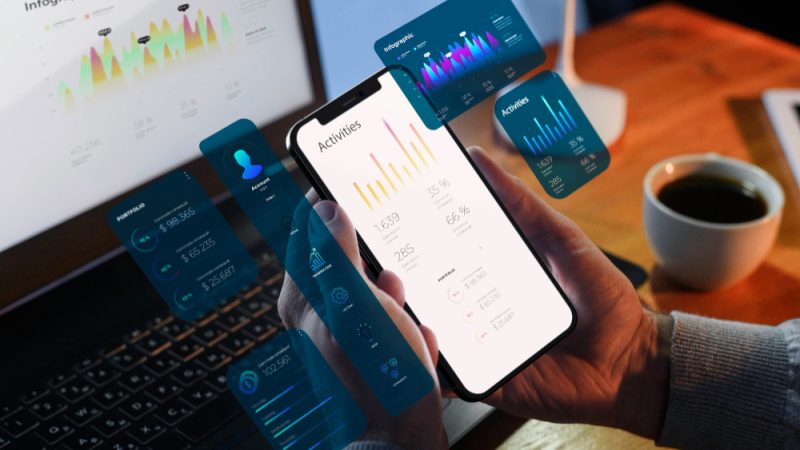Which KPIs should you track in mobile apps?

In the rapidly evolving landscape of mobile apps, understanding the effectiveness of your app and its marketing efforts is crucial. Key Performance Indicators (KPIs) provide invaluable insights into how well your app is performing, helping you make informed decisions to optimize user experience, engagement, and overall success. In this comprehensive guide, we will explore the essential KPIs to track in your mobile app and shed light on the significance of integrating Mobile Measurement Partnerm for a holistic approach to app success.
Understanding Key Performance Indicators (KPIs)
KPIs are quantifiable metrics that measure the performance and success of your mobile app. By monitoring these metrics, you gain a comprehensive understanding of user behavior, app functionality, and the impact of your marketing efforts. Effective tracking of KPIs empowers you to identify areas for improvement, align your strategies with user preferences, and drive app growth.
Essential KPIs to Track in Your Mobile App
1. User Acquisition and Retention :
– Downloads : The number of times your app has been downloaded.
– Active Users : The count of users who engage with your app within a specific time frame.
– Churn Rate : The percentage of users who stop using your app over a given period.
2. Engagement Metrics :
– Session Duration : The average time users spend in your app per session.
– Screen Views : The number of screens viewed by users in a session.
– Bounce Rate : The percentage of users who exit the app after viewing only one screen.
3. Monetization and Conversion :
– In-App Purchases : Revenue generated through in-app purchases.
– Conversion Rate : The percentage of users who complete a desired action, such as signing up or making a purchase.
– Average Revenue Per User (ARPU) : The average revenue generated from each user.
4. App Performance :
– Crash Rate : The frequency of app crashes, impacting user experience.
– App Load Time : The time it takes for the app to open and become usable.
– App Responsiveness : The speed and fluidity of user interactions within the app.
5. User Feedback and Satisfaction :
– App Ratings and Reviews : User-generated feedback that reflects app satisfaction.
– Net Promoter Score (NPS) : A measure of user likelihood to recommend your app to others.
Leveraging Mobile Marketing Platforms for Enhanced Performance
While tracking KPIs within your app provides vital insights, the integration of mobile marketing platforms enhances your app’s reach, engagement, and overall performance.
- Mobile Advertising : Mobile advertising campaigns enable you to target specific demographics, reaching potential users who align with your app’s purpose. By tracking the click-through rate (CTR), conversion rate, and cost per acquisition (CPA), you can optimize your ad campaigns for maximum impact.
- Social Media Marketing : Platforms like Facebook, Instagram, and Twitter provide avenues for connecting with your target audience. Metrics such as engagement rate, reach, and shares offer insights into your social media effectiveness.
- Influencer Collaborations : Partnering with influencers in your app’s niche can boost its visibility. KPIs such as engagement, reach, and follower growth reflect the effectiveness of influencer campaigns.
- Push Notifications and Email Marketing : By monitoring open rates and click-through rates of push notifications and emails, you can tailor your messaging for better engagement.
- App Store Optimization (ASO) : ASO, as mentioned in our previous guide, contributes to app visibility and downloads. Tracking app store conversion rates and keyword rankings helps refine your ASO strategy.
- User Behavior Analytics : Platforms like Google Analytics for Mobile Apps provide insights into user paths, screen flows, and in-app behavior, allowing you to make data-driven decisions.
Conclusion
Tracking KPIs in your mobile app is essential for understanding user behavior, improving user experience, and achieving app success. By focusing on user acquisition, engagement, conversion, and satisfaction metrics, you can fine-tune your strategies for optimal results. Moreover, integrating mobile marketing platforms into your app’s promotional efforts creates a synergy that extends your app’s reach, engages a wider audience, and drives growth. In the dynamic world of mobile apps, the journey to success begins with diligent KPI tracking and a holistic approach to mobile marketing.






